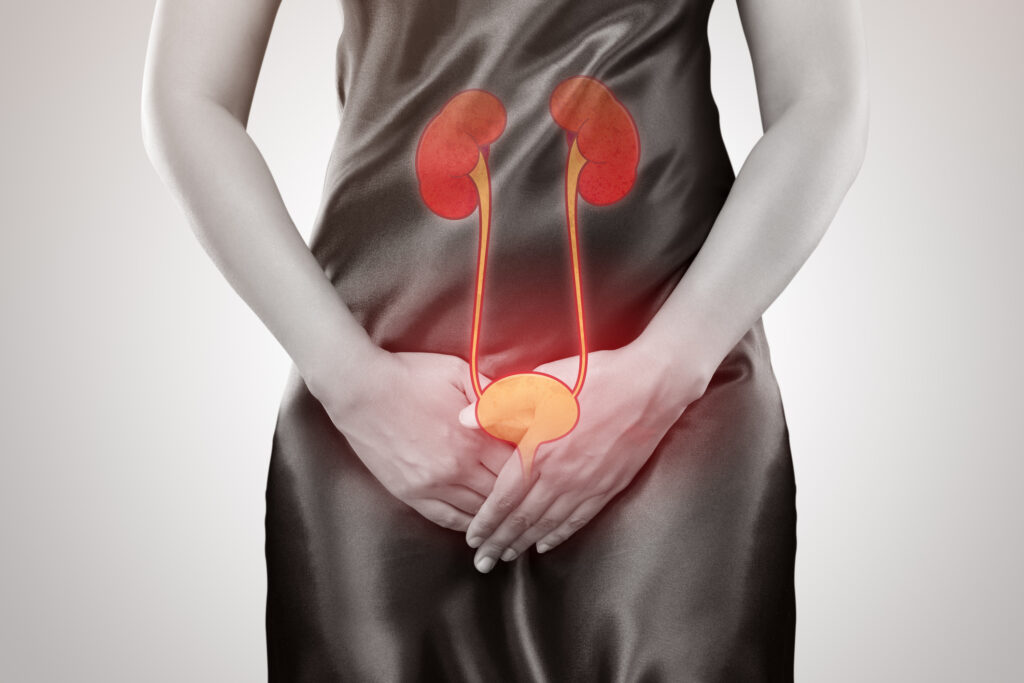
Maintaining a strong and healthy bladder is essential for our overall well-being and quality of life. However, we often take our bladder health for granted until we start experiencing problems. In this blog, we will explore some essential tips to help you maintain a healthy bladder and prevent common issues. Remember, a little care can go a long way in ensuring your bladder remains in top shape.
- Stay Hydrated
Proper hydration is vital for bladder health. Drinking an adequate amount of water helps flush out toxins from your body and keeps your urine diluted, reducing the risk of bladder irritation. Aim to drink at least 8 glasses (64 ounces) of water a day, or more if you are physically active or live in a hot climate.
- Maintain a Healthy Diet
Your diet plays a significant role in bladder health. Certain foods and beverages can irritate the bladder lining, leading to discomfort and urgency. Limit or avoid the following:
- Caffeine: Found in coffee, tea, and some sodas, caffeine can irritate the bladder and increase the frequency of urination.
- Alcohol: Alcohol is a diuretic and can also irritate the bladder, leading to increased urine production.
- Spicy Foods: Spicy foods, such as hot peppers, can irritate the bladder and worsen symptoms in individuals with bladder conditions.
- Artificial Sweeteners: Some people may find that artificial sweeteners, like saccharin or aspartame, can irritate the bladder.
Instead, focus on a balanced diet rich in fiber, fruits, vegetables, lean proteins, and whole grains to promote overall health.
- Practice Good Bathroom Habits
Developing healthy bathroom habits is crucial for maintaining a strong bladder. Here are some key tips:
- Don’t Delay: When you feel the urge to urinate, do so promptly. Holding in urine can weaken the bladder muscles over time.
- Empty Completely: Make sure to empty your bladder when you go to the bathroom. Incomplete emptying can increase the risk of urinary tract infections.
- Wipe Properly: When cleaning after using the toilet, always wipe from front to back to prevent the spread of bacteria from the rectal area to the urethra.
- Pelvic Floor Exercises
Strengthening your pelvic floor muscles can help prevent urinary incontinence and support overall bladder health. Kegel exercises are a simple and effective way to strengthen these muscles. To perform Kegels, contract your pelvic floor muscles (as if you’re trying to stop the flow of urine) and hold for a few seconds. Repeat this exercise several times a day.
- Maintain a Healthy Weight
Excess weight can put pressure on the bladder and pelvic muscles, increasing the risk of urinary incontinence and other bladder issues. If you are overweight, losing weight through a combination of a healthy diet and regular exercise can alleviate this pressure and improve bladder health.
- Stay Active
Regular physical activity can promote good bladder health by maintaining a healthy body weight and preventing constipation, which can put pressure on the bladder. Aim for at least 30 minutes of moderate-intensity exercise most days of the week.
- Avoid Smoking
If you smoke, here’s one more reason to quit: smoking is a significant risk factor for bladder cancer. The harmful chemicals in tobacco can damage the bladder lining, increasing the likelihood of cancer development. Quitting smoking will not only benefit your bladder but your overall health as well.
Conclusion
In conclusion, maintaining a strong and healthy bladder is vital for our overall health and quality of life. Dr. Rajesh Dhake, a renowned expert in urology, emphasizes the importance of simple yet effective steps to ensure your bladder stays in top shape. By following these tips, you can reduce the risk of common bladder issues, such as urinary incontinence, infections, or even bladder cancer.
Dr. Rajesh Dhake underscores the significance of:
- Staying hydrated by drinking an adequate amount of water daily.
- Adhering to a bladder-friendly diet, which excludes irritants like caffeine, alcohol, and spicy foods.
- Practicing good bathroom habits, including timely urination and thorough cleansing.
- Engaging in pelvic floor exercises, such as Kegels, to strengthen critical muscles.
- Maintaining a healthy weight through a balanced diet and regular exercise.
- Staying physically active promotes overall bladder health.
- Quitting smoking reduces the risk of bladder cancer and other health complications.
By incorporating these practices into your daily life, you can safeguard your bladder’s well-being and enjoy a life free from the discomfort and inconvenience of bladder issues. Remember that consulting with a healthcare professional like Dr. Rajesh Dhake can provide personalized guidance and recommendations to address specific bladder health concerns. Your bladder health matters, and taking proactive steps today can ensure a more comfortable and healthier future.




